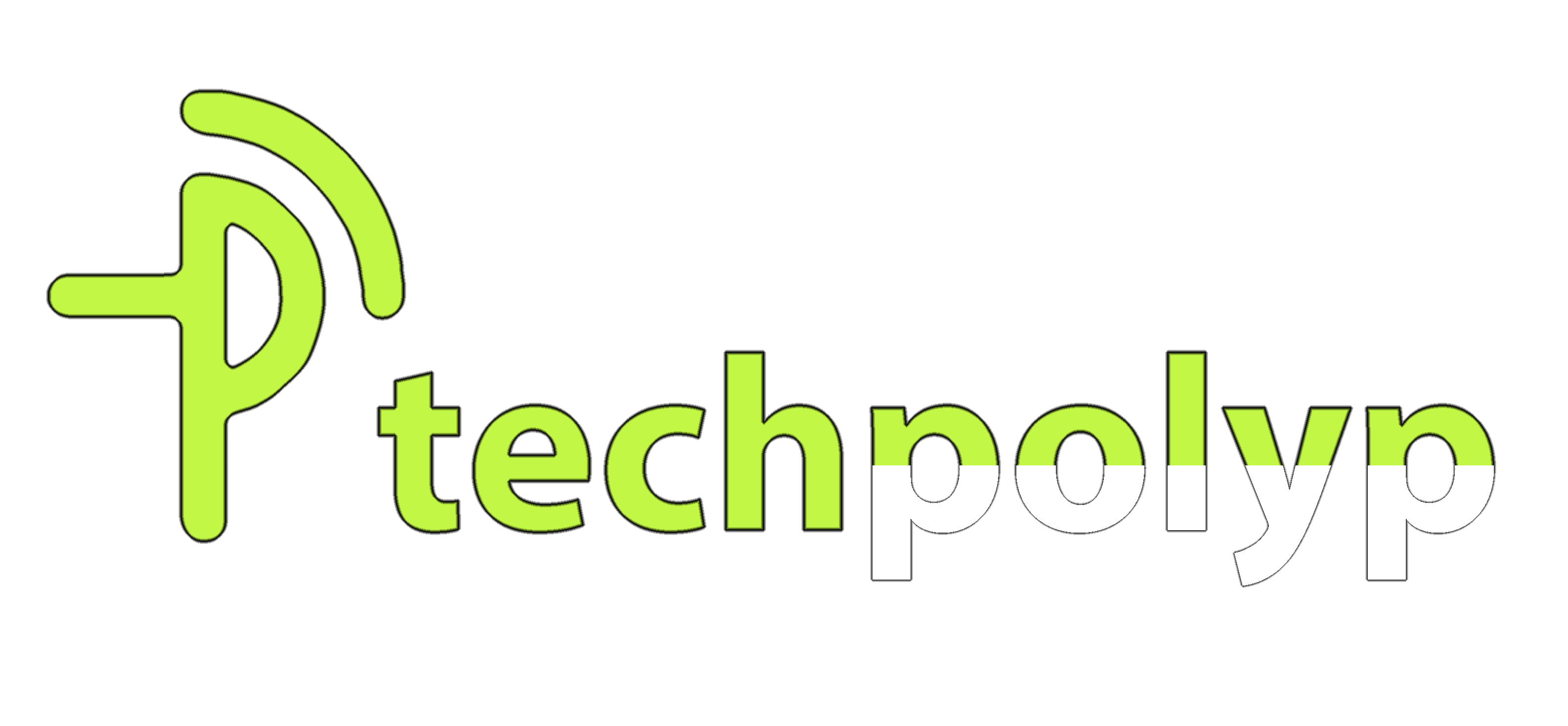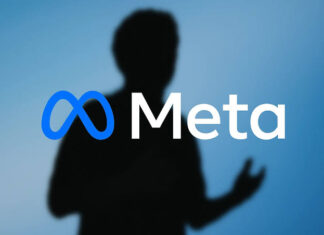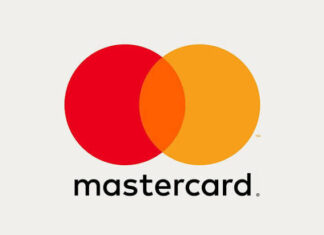When you purchase through links on our site, we may earn an affiliate commission. This doesn’t affect our editorial independence.
Starlink has ceased taking new residential orders in Lagos and Abuja as its satellite network has reached maximum capacity. Individuals in impacted regions must now enrol on a waitlist, underscoring the company’s rapid expansion and Nigeria’s constrained internet infrastructure.
On Starlink’s platform, areas like Victoria Island, Ikoyi, Lagos Island, Surulere, and various estates in Abuja now display a prominent “Sold Out” sign.
Individuals looking to subscribe are asked to pay a deposit to guarantee a spot in the queue. A notice shown to applicants in Lekki states: “The Starlink service is presently full in your location.” The good news is that you can currently deposit to secure your position on the waitlist and be alerted as soon as service is available again.
Less than a year ago, in November 2024, Starlink halted nationwide sales for nearly eight months. The company cited bandwidth shortages and unresolved disputes with the Nigerian Communications Commission (NCC) regarding tariff approvals.
New activations only restarted in June 2025. Their operations restarted after the company obtained regulatory approval and improved some of its infrastructure.
An engineer from Starlink clarified the reason for the hold, stating: “This occurs when the region can’t accommodate a new customer because it has reached its designed capacity at that moment.” He explained that measures like this guarantee the best network connectivity for other users in the same geographic region. He noted that increasing this capacity typically necessitates new satellite deployments or regulatory approvals to construct additional ground facilities.

Image credit: Freemindtropics.com
Increasing Costs and Feeble Regulation
Since its 2022 launch in Nigeria, Starlink’s service has increased in cost. Its monthly subscription has risen from approximately ₦38,000 previously to nearly ₦56,000 in 2025. Starlink’s hardware kits range in price from ₦300,000 to ₦670,000 based on the model. The company cited the naira’s decline, operational expenses. Also, it added that adherence to NCC regulations is one of the causes for price increases.
Furthermore, in October 2024, the NCC took stiff actions against Starlink for unauthorised pricing adjustments. It highlighted violations of Sections 108 and 111 of the Nigerian Communications Act. The regulator mandated a decrease from ₦75,000 to ₦38,000 monthly before finally sanctioning moderate changes in early 2025.
However, the harm was already apparent. NCC data indicates that active Starlink subscribers decreased from 65,564 in Q4 2024 to 59,509 in Q1 2025, a reduction of 9% and the company’s first decline in Nigeria since its inception. Analysts cited elevated tariffs, financial difficulties, and service delays due to capacity restrictions as major decline factors.
Check Out Previous Posts on this Site
Nigeria Set to Launch NigComSat-2A and 2B Satellites to Enhance Digital Connectivity
NIGCOMSAT Promotes Broadband Initiative for Startups, Defense and Rural Nigeria
Examining Starlink’s Network Performance
Despite having over 6.2 million users worldwide by July 2025 and launching over 900 satellites this year, Starlink’s speeds in Nigeria still fall short of regional averages. Reports indicate that Nigeria’s download speeds are 49.6 Mbps, considerably lower than Botswana’s 106.4 Mbps. Experts credit the disparity to fewer satellites supporting Nigeria, congested cells in key urban areas, and a restricted count of terrestrial Points of Presence.
Alternatives Options Emerging
Although Starlink remains Nigeria’s leading satellite internet provider, its challenges have created opportunities for rivals. YahClick, an emerging internet service provider in Nigeria, plans to start at ₦ $25,000 monthly. Tizeti has launched a solar-powered internet service for ₦ $5,000 per month. Tizeti is focusing on underserved areas. Eutelsat’s Konnect, while more expensive at $18,500 monthly, offers speeds of up to 100 Mbps.
Starlink’s challenges in Nigeria reflect a trend throughout Africa. Nations like Kenya, Ghana, Zambia, and Zimbabwe have experienced delays in urban regions where demand exceeds the available capacity. However, Nigeria has a vast size and consumer base, fueled by increasing remote work, e-learning, and video streaming. This makes congestion a more significant issue.
Thousands of Nigerian families are on waiting lists, and they are unsure when or if Starlink will become available again.









